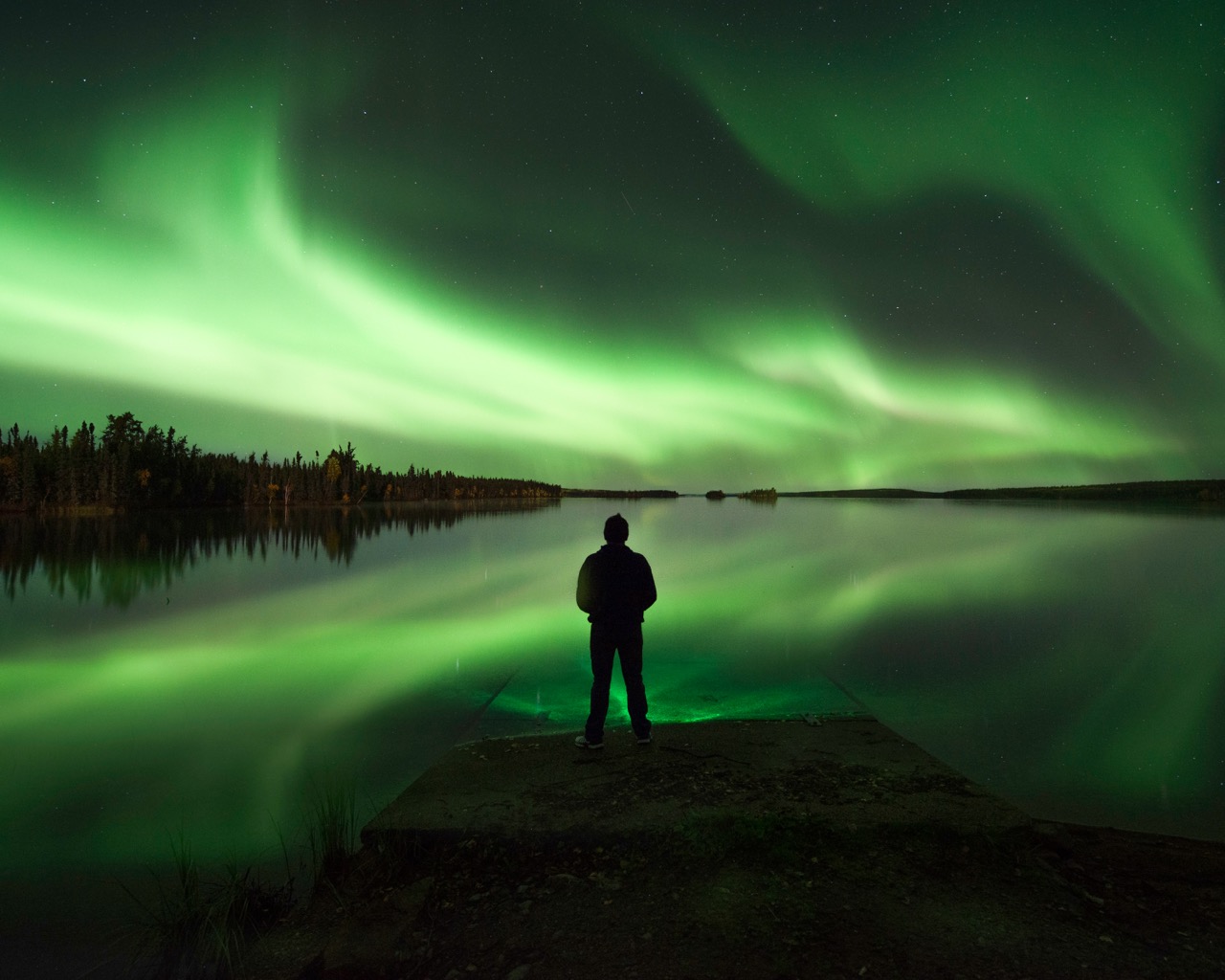
Salt & Light
Scripture:
“You are the salt of the earth . . . You are the light of the world . . . Let your light shine before men, that they may see your good deeds and praise your Father in heaven” (Matt. 5:13, 14, 16 NIV ) .
Introduction
A young Christian man went to work in the mines. Some of his friends told him that the rough miners would make life miserable for him because of his Christian faith. When he came home, his friends asked him if the miners had teased him for being a Christian. He said, “No, they didn’t tease me for being a Christian. They never found out!” This is not the way Jesus wants us to live. In fact, there are two ways in Christian life that make it impossible for others not to know that we are Christians.
We are called to be salt and light in the world.
I. Christ Like
Jesus was speaking to his disciples, to ordinary people. He was not speaking to intellectual, philosophical, or even religious people. He was talking to everyday people whom he had called, changed, and challenged to Christlikeness.
Christlikeness resides in persons who know Jesus and are becoming like him. As Christians, then, we are described by two powerful metaphors: salt and light. Salt was a scarce and valuable commodity in Jesus’ day. It was an irreplaceable item, desperately needed. Salt is so powerful that a little goes a long way. As Christians, we are salt. The fact that Christians are light is related in other Scriptures. In John 8:12 Jesus says, “I am the light of the world.” He is the source of spiritual light; he alone gives us light. He is the light in us! Ephesians 5:8 says, “For you were once darkness, but now you are light in the Lord. Live as children of light” ( NIV ). And Philippians 2:15 says, “. . . you shine like stars in the universe” ( NIV ). So there is something powerful at work in us—divine life, salt, and light. We have a strategic place in life, on the earth, in the world.
II. Purpose of Being Christ Like.
Salt and light have some unique functions.
A. Salt.
1. Salt purifies.
Salt is glistening white and is said to be the purest of all things. Christians, as the salt of the earth, are to be examples of purity, creating pure and wholesome conditions wherever we go. “Blessed are the pure in heart” (Matt. 5:8).
2. Salt preserves.
It prevents corruption and decay. It is put on meat to prevent spoiling. There are forces at work in the world today that only the salt of Christ’s life and attitudes in us can counteract. Our lives are like divine salt when contact with another person saves that person’s life from moral and spiritual corruption.
3. Salt seasons.
Food without salt is insipid. Salt adds taste and flavour. We are to so live the Christian life that other people will see that life without Christ is stale and meaningless, but life with him is full of spiritual flavour, joy, and abundance.
B. Light.
1. Light dispels darkness.
If we are to be “light” into our community, we are called to shine into the lives of those to whom are in a circle of influence, our daily interactions with others provides us ample opportunity for us to shine the light of Christ into the lives This is what Christ came to do! And this is what we do as we let the light of Christ shine through us.
2. Light illumines life.
It lights the way and gives direction. One who is in Christ walks in light and not darkness (John 8:12). When we walk by the Word of God, we walk by the light of God’s truth and we “give the light” (2 Cor. 4:6). Our purpose is to turn on the light of the Lord for others and to show them Christ.
III. Peril to Christlikeness.
The peril to Christlikeness is twofold.
It is possible for salt to lose its savour, its saltiness. And it is possible to hide a light to prevent it from fulfilling its purpose. The point is that we as Christians can lose our flavour, our influence on others. And it is possible for us to hide our spiritual illumination and therefore our usefulness.
How is this done?
It happens when we allow some sin in our lives or some wrong attitude to control us. We do this by violating the Beatitudes and being unwilling for Christ to develop us. Or we may do this by compromising Christ, thus manifesting little distinctiveness to the world around us. These are awful dangers! The responsibility for Christlikeness is serious.
IV. Penetration of Christlikeness.
The “blessed life” (Matt. 5:3–12) is to be a blessing.
Where do we begin?
A. We begin with ourselves. We apply Jesus’ teachings to our own lives first. Is he changing your habits?
Do you, for example, have any driving habits that are not Christlike? Do you observe the laws of the stop sign and the speed limit?
What are your shopping habits? Do you push ahead of other shoppers or are you demanding of the clerk? How are your work habits?
Do you work with a grumbling spirit? Or are you excited about making your boss or your company successful? Begin with yourself.
B. We continue at home. Does your life give light to everyone in the house? Do you practice Christlikeness with your parents, your brothers and sisters, your spouse?
C. We penetrate then to the outside world. As verse 16 says, “Let your light shine before men,” throughout the community and the world. Conclusion What happens when Christlikeness characterises your life?
Verse 16 answers this by saying that others will see your good works and praise your Father in heaven. This is worth it all!
Humble Beginnings
You May Also Like

O Heart
22/01/2025
Prayer
17/06/2025
